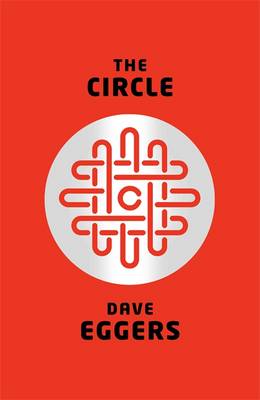“You’d think it wouldn’t bother me now. The Burneses moved away long ago. Two years have passed.”
It’s always a pleasurable feeling to begin a novel when the writer is as sure footed and smart as Messud – a whole story lays promisingly ahead.
Julie and Cassie are unlikely best friends. (Unlikely because of their differing backgrounds — where Julia is from an economically and emotionally stable family, mum a journalist, dad a dentist, both encouraging and nurturing, Cassie’s father died before she knew him and her mum is an overweight, overworked hospice nurse with a religious bent.) Messud does a wonderful job of conjuring the intensity of female adolescent friendships. The girls are inseparable, Julie somewhat in thrall to Cassie whose white blonde hair and spirit of adventure entrance her. They spend time together on the cusp of teen changes, exploring the countryside, drinking hot chocolate, painting each other’s nails and dreaming of leaving town. As is so often the way, there is a cooling of affections; Cassie befriending a new girl, Julie hurt and bitter, and although both girls pretend their relationship is just as friendly, it never recovers. Julie tells us, “My mother assures me that it happens to everyone, sooner or later, for reasons more or less identifiable; everyone loses a best friend at some point. Not in the ‘she moved to Tucson’ sense, but in the sense that ‘we grew apart’”
I remember it happened to me, more than once, and can still recall the crushing loss of who I was as part of that friendship. How accurate this seems, “I had other friends, but I’d lost the friend I loved best, and had loved without thinking for as long as I could remember, and it seemed absolutely essential not to appear to care.” Oh the times I appeared not to care!
Cassie dates Peter, the boy that Julie likes, and further distances herself, but it’s when her mum starts unexpectedly dating Dr Anders Shute, a man who has “… pale, pale skin and protruding cheekbones like a death’s head” — a man who moves into Cassie’s home and uses his new found religious zeal to reprimand her for everything and anything, that Cassie begins to disappear from Julie’s life.
Messud plays with reader expectations, after all we are well versed in tropes about religious stepdads and rebellious girls, about pretty teens from disadvantaged backgrounds who sneak out to drink with boys. Unlike Julie, nobody is expecting Cassie to achieve. Her story isn’t told directly but is reflected to us through Julie’s imagination, her assumption of knowledge, filling in gaps with information from Peter and snippets of gossip her dad has heard. It may feel a little unsatisfactory to not be dealing with definite’s but it certainly seems organic, in the way the neighbourhood stories we hear are.
“Sometimes I felt that growing up and being a girl was about learning to be afraid. Not paranoid, exactly, but always alert and aware, like checking out the exits in the movie theatre or the fire escape in a hotel. You came to know, in a way you hadn’t as a kid, that the body you inhabited was vulnerable, imperfectly fortified. On TV, in the papers, in books and movies, it isn’t ever the men being raped or kidnapped or bludgeoned or dismembered or burned with acid. But in stories and crime shows and TV series and movies, and in life too, it’s going on all around you. So you learn, in your mind, that your body needs protecting. It’s both precious and totally dispensable depending on whom you encounter. You don’t want to end up at a party not knowing how to get home. You don’t want to end up walking down a street—especially a quiet street—by yourself at night. You don’t want to open your door to a strange man at all, really, ever, if you’re alone, even if he’s wearing a uniform. Because his uniform could be a disguise. It happens. I’ve seen it on TV.
You start to grow up and you learn from all the stories around you what the world is like, and you start to lose freedoms. Not because anybody tells you that you’ve lost them, but because you know you need to take care.”
While the voice may sound more like that of an adult than the still young Julie, it’s sad and depressing and rings with truth – it feels like the heart of the book.
Messud’s novel may not have set the literary world alight, but it’s a thoughtful, quiet and typically intelligent story which I thoroughly enjoyed.










